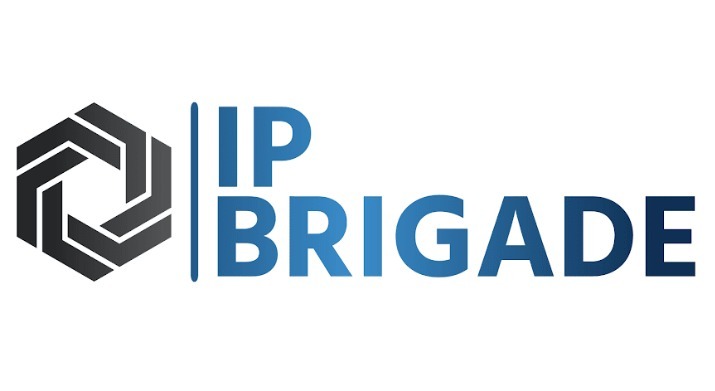Intellectual property (IP) has become an increasingly important aspect of modern capitalism. In a global economy where knowledge and creativity are essential for growth and innovation, the protection of intellectual property has become a critical issue for businesses and individuals alike. In this blog, we will explore the importance of intellectual property in capitalism, including its role in driving innovation, promoting competition, and protecting the rights of creators and innovators.
At its core, capitalism is an economic system based on private ownership of property, which includes both tangible assets such as land and buildings, and intangible assets such as patents, copyrights, and trademarks. Intellectual property is a key component of this system, as it provides creators and innovators with the legal protection they need to profit from their work and ideas. This protection is essential in promoting innovation and creativity, which are the driving forces behind economic growth in a capitalist system.
One of the primary benefits of intellectual property is that it promotes competition by creating a level playing field for businesses of all sizes. Without the protection of intellectual property, large corporations with significant resources would be able to dominate markets by copying and exploiting the work of smaller, less established companies. This would stifle competition, limit innovation, and ultimately harm consumers by limiting their choices and driving up prices.
Furthermore, intellectual property encourages innovation by providing incentives for individuals and businesses to invest time and resources in the creation of new ideas, products, and services. By allowing creators and innovators to profit from their work, intellectual property provides a financial reward for taking risks and developing new ideas. This, in turn, drives economic growth and spurs technological advancements that benefit society as a whole.
Another crucial aspect of intellectual property in capitalism is the protection of the rights of creators and innovators. Without legal protections such as patents and copyrights, it would be difficult for individuals and businesses to prevent others from stealing their ideas and profiting from them. This would not only harm the creators and innovators themselves but would also discourage others from investing in innovation and creativity, ultimately hurting the entire economy.
In addition to promoting innovation and protecting the rights of creators and innovators, intellectual property also plays an important role in facilitating international trade and economic growth. By providing a framework for the protection and licensing of intellectual property rights, countries can create a stable and predictable environment for businesses to operate in. This encourages investment, stimulates innovation, and ultimately drives economic growth and development.
However, intellectual property is not without its critics, who argue that it can stifle competition and limit access to important innovations and ideas. For example, some have argued that the high cost of patent licensing can make it difficult for smaller companies to enter markets, effectively giving established companies a monopoly on certain technologies or products. Others argue that overly broad patents and copyright laws can limit innovation by making it difficult for creators and innovators to build upon the work of others.
Despite these concerns, it is clear that intellectual property plays a crucial role in modern capitalism. By promoting innovation, protecting the rights of creators and innovators, and facilitating international trade and economic growth, intellectual property has become a vital component of the global economy. While there may be challenges to the current system of intellectual property protection, it is important to recognize its value and work to address any issues that arise in a manner that promotes continued innovation, competition, and growth.
In conclusion, intellectual property is a critical component of modern capitalism. By protecting the rights of creators and innovators, promoting competition, and stimulating innovation, intellectual property has become a vital tool for driving economic growth and development. While there may be challenges to the current system of intellectual property protection, it is important to recognize its value and work to address any issues in a manner that promotes continued progress and prosperity for all.








